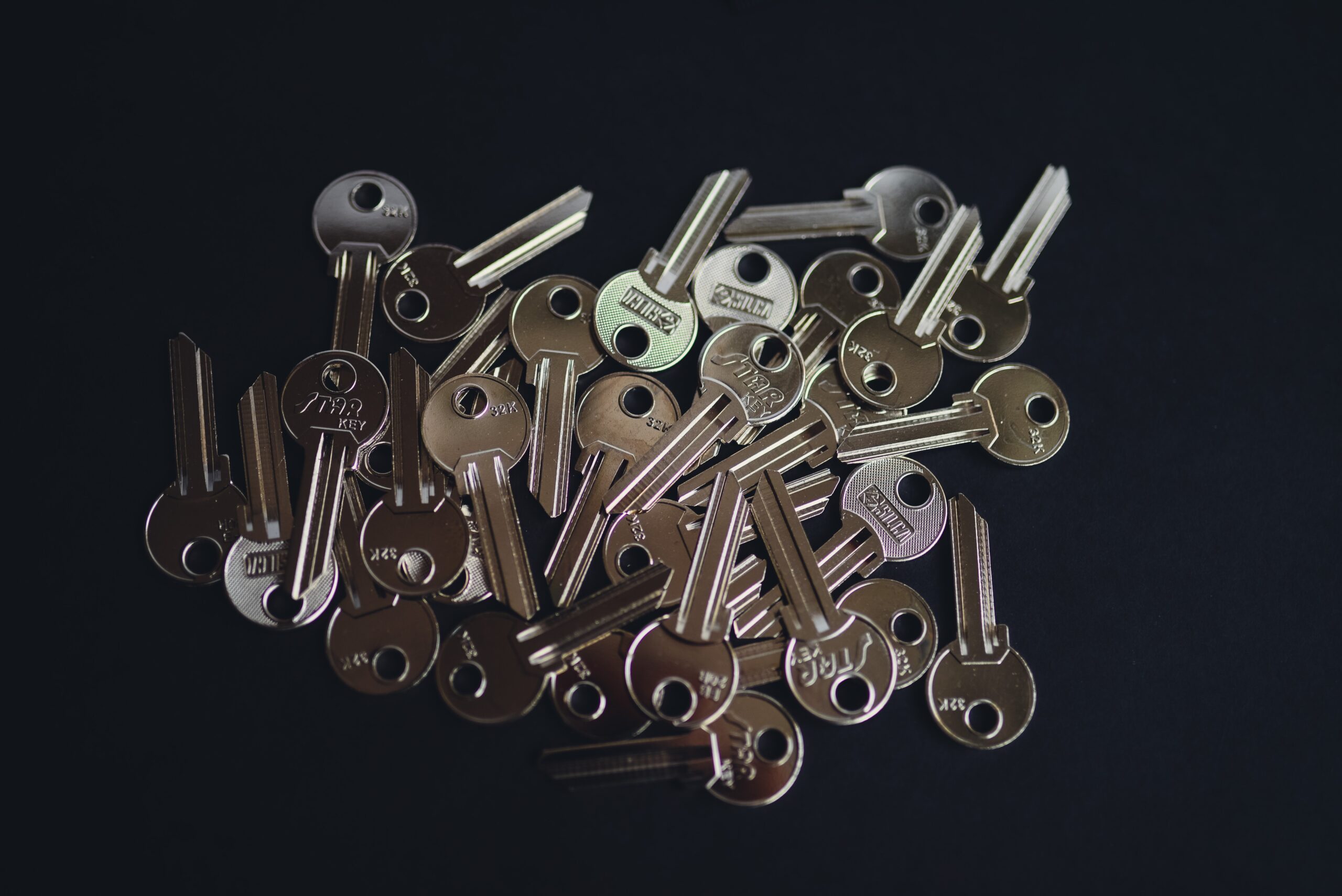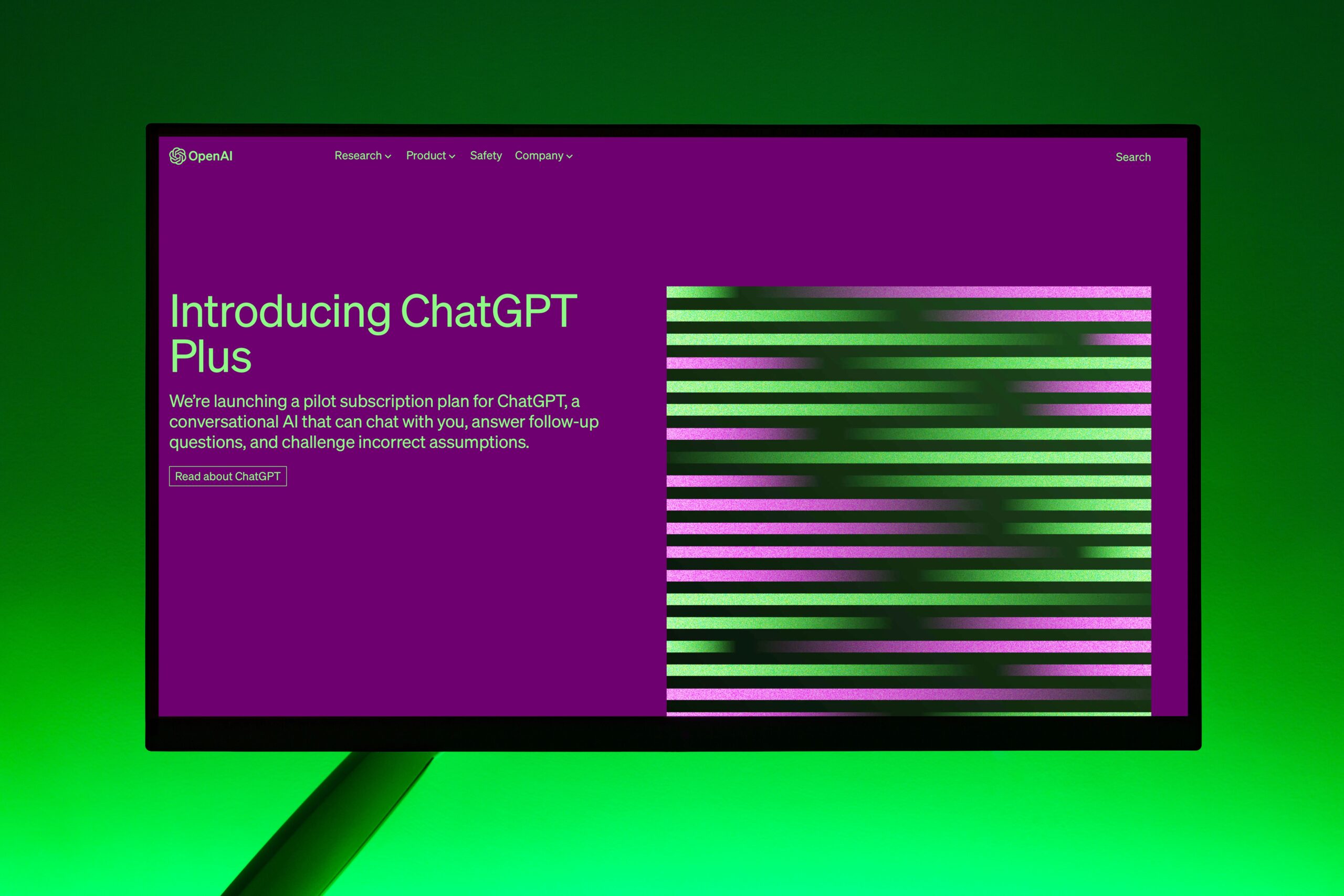The Dark Side of Smart Homes: Privacy Risks & How to Stay Safe

Introduction
Smart homes make life easier. Lights turn on automatically. Thermostats adjust themselves. Security cameras watch your house. But there’s a problem: privacy risks.
Hackers can spy on you. Companies collect your data. Devices listen when they shouldn’t. This article explains the dangers of smart homes and how to protect yourself.
1. What Are Smart Home Devices?
Smart home devices connect to the internet. They can be controlled by apps or voice assistants. Common examples:
- Smart speakers (Amazon Echo, Google Nest)
- Security cameras (Ring, Nest Cam)
- Smart thermostats (Ecobee, Nest)
- Smart locks (August, Yale)
- Smart lights (Philips Hue, LIFX)
These devices offer convenience but also create security risks.
2. Privacy Risks of Smart Homes
🔴 Hackers Can Spy on You
- Security cameras can be hacked. Strangers might watch your home.
- Microphones in smart speakers can record private conversations.
- Smart locks could let burglars into your house.
🔴 Companies Collect Your Data
- Device makers track your habits.
- They know when you’re home, what you buy, and even what you say.
- This data is often sold to advertisers.
🔴 Voice Assistants Listen When They Shouldn’t
- Devices like Alexa and Google Assistant record voices.
- Sometimes they activate by mistake and record private talks.
🔴 Weak Security in Cheap Devices
- Many smart gadgets have poor security.
- Hackers can easily break into them.
3. Real-Life Smart Home Privacy Scandals
🚨 Amazon Alexa Recorded Private Conversations
- In 2018, Alexa sent a family’s private chat to a random contact.
- The device recorded conversations without permission.
🚨 Ring Cameras Hacked by Strangers
- Hackers accessed Ring cameras and talked to families.
- Some even played scary music through the speakers.
🚨 Google Nest Exposed User Locations
- A bug in Nest security systems revealed home addresses.
- Criminals could see when people were away.
These cases prove that smart devices aren’t always safe.
4. How to Protect Your Smart Home Privacy
✅ Change Default Passwords
- Many devices come with weak passwords like “admin” or “1234.”
- Always set a strong, unique password.
✅ Use Two-Factor Authentication (2FA)
- Adds an extra security step (like a text message code).
- Makes it harder for hackers to break in.
✅ Keep Firmware Updated
- Companies release updates to fix security flaws.
- Always install the latest software for your devices.
✅ Disable Unnecessary Features
- Turn off microphones when not in use.
- Disable remote access if you don’t need it.
✅ Use a Separate Wi-Fi Network
- Create a guest network just for smart devices.
- If hackers get in, they won’t reach your main devices.
✅ Research Before Buying
- Check if the brand has had security issues.
- Read reviews to see if devices are trustworthy.
5. Are Smart Homes Worth the Risk?
✔ Pros of Smart Homes
- Convenience (control lights, locks, and more remotely)
- Energy savings (smart thermostats lower bills)
- Security (cameras and alarms protect your home)
❌ Cons of Smart Homes
- Privacy risks (hacking, data collection)
- Dependence on technology (what if the internet goes down?)
- Cost (smart devices can be expensive)
The choice depends on how much privacy you’re willing to risk.
6. The Future of Smart Home Security
Companies are working on better security:
- Stronger encryption to protect data.
- Better voice recognition to avoid accidental recordings.
- More transparency about data collection.
New laws (like GDPR in Europe) also help protect privacy.
7. Should You Get a Smart Home?
✔ Yes, If You:
- Don’t mind some privacy trade-offs.
- Use strong security settings.
- Buy from trusted brands.
❌ No, If You:
- Worry about hackers and spying.
- Don’t want companies tracking you.
- Prefer traditional, non-connected devices.
Conclusion
Smart homes are convenient but risky. Hackers, data collection, and accidental recordings are real problems.
If you use smart devices, follow security tips. Change passwords, update software, and disable unnecessary features.
Would you trust a smart home? Or is privacy more important? Share your thoughts below!




